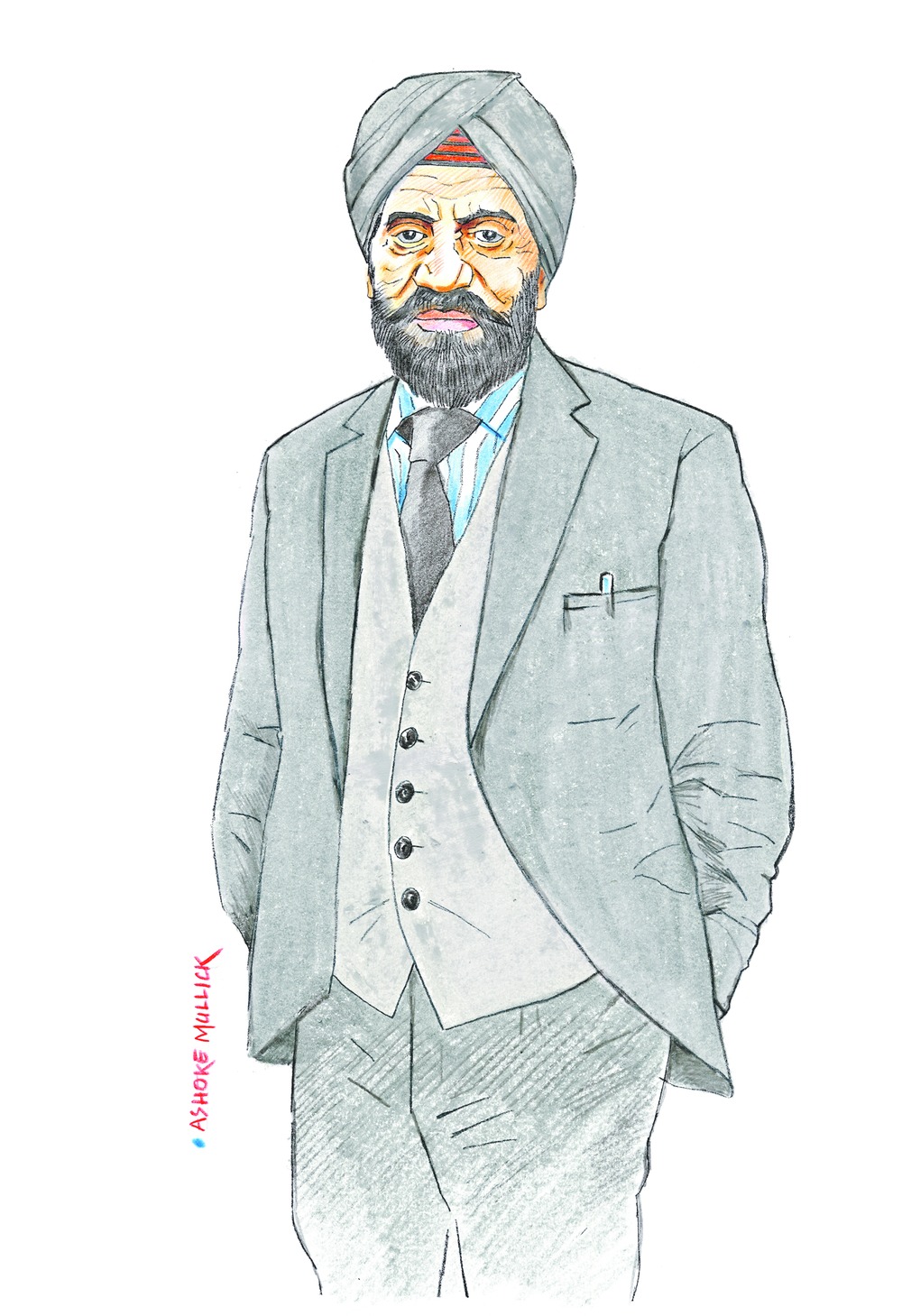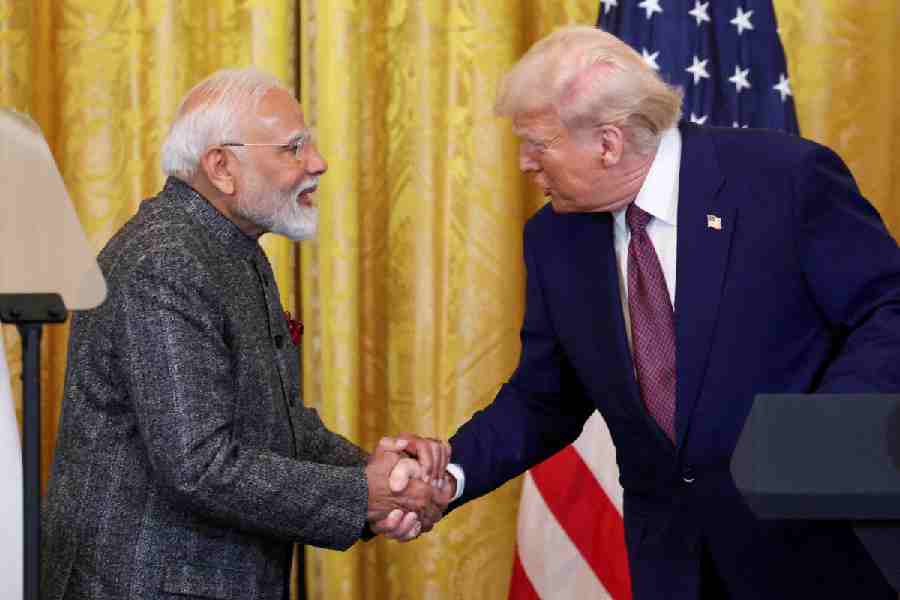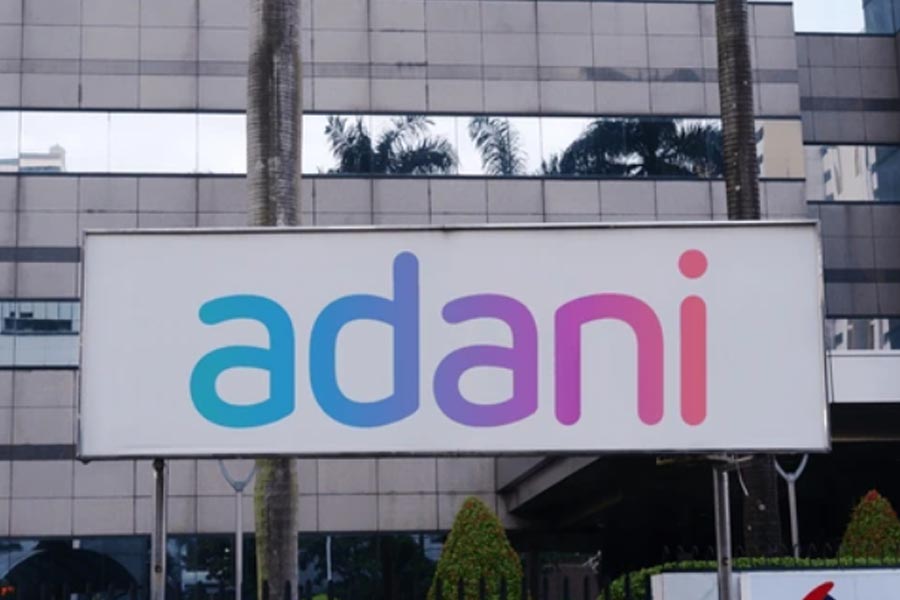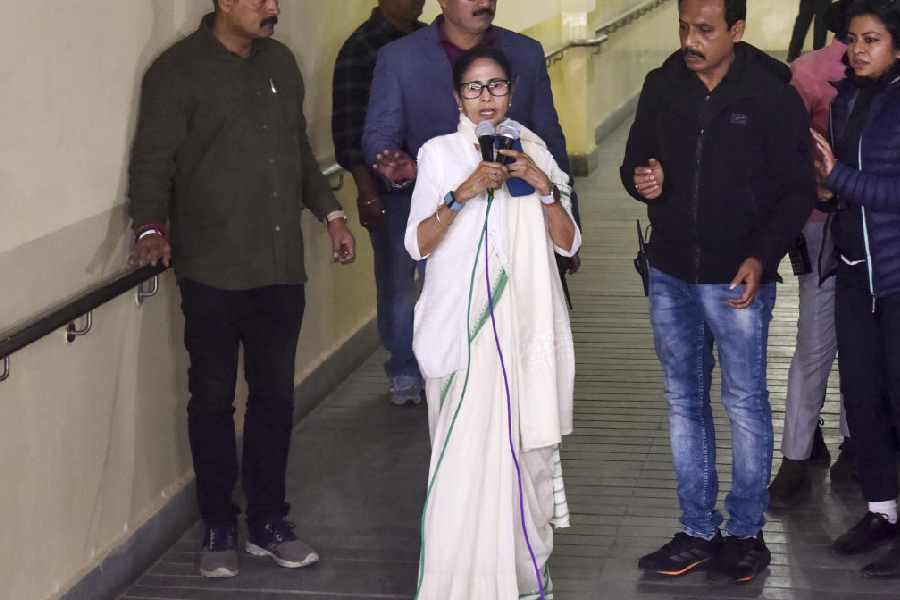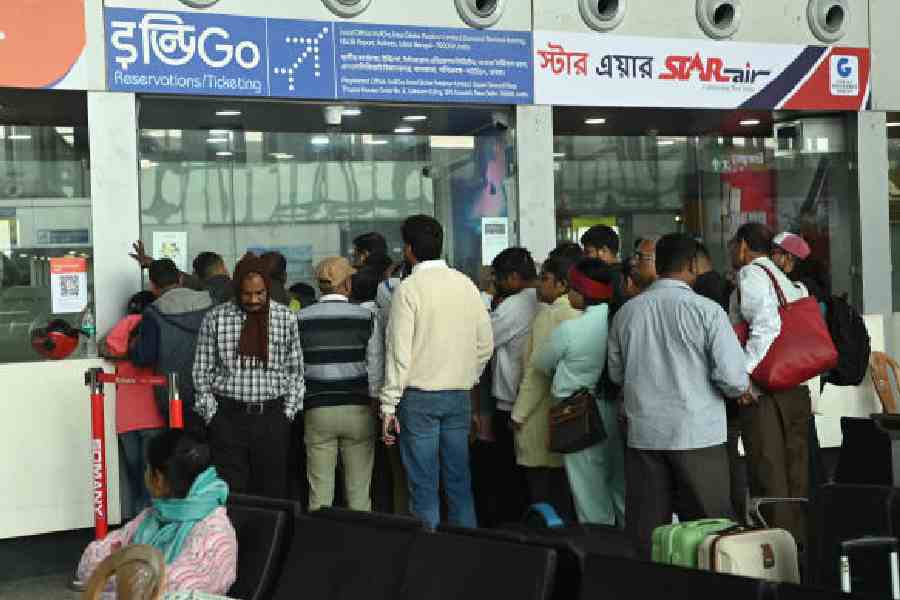
A single question obsessed Kartar Lalvani, the "Vitamin King" of England, for 15 years: What would India be like today, if the British had simply chosen to stay at home? So, the 84-year-old pharmacist and research scientist - who has made a fortune in Britain by selling vitamins - decided to look for answers.
The result of his quest - a book called The Making of India: The Untold Story of British Enterprise - was launched recently in the august surroundings of London's Chatham House, where he declared - without a doubt - that the British Empire was good for India.
The book has received glowing endorsements from the former British Prime Minister, Tony Blair, who has described it as "informative, well-argued and passionate", while senior lawyer Ram Jethmalani states in his foreword that he fully concurs that Indians "should be grateful for some of the permanent blessings of colonial rule, which only the unique attributes of the British could have conferred on us".
At a time when the debate over the Kohinoor is consuming the country, I ask him why he, a member of the Sikh community, which has suffered Jallianwala Bagh and the Partition, and from whose rulers the Kohinoor was seized by the British - chose to write this book.
"Because it is the truth," he says immediately, his eyes lighting up. "No Englishman could have said this."
We are sitting in Lalvani's boardroom, surrounded by all the certificates and trophies awarded to him for Vitabiotics, the company he started 45 years ago, which has an annual turnover of $350 million today and boasts of exports to over 100 countries. Peeping from a cabinet are the products that have made him famous - Wellman, Wellwoman, Perfectil, Osteocare - for everything from strong bones to healthy hair and nails. His client list includes the Blairs, actress Joanna Lumley and the Duchess of Cornwall, Camilla. And all are said to be devotees of his anti-ageing serum.
But it is not vitamins we are talking about. It is railways.
Lalvani examined in detail the rail tracks laid by the British, sending his researchers to Sheffield and Manchester to collect data. He also looked at the archives of the Institution of Civil Engineers.
"Do you know the British made over 1,75,000 railway bridges alone," he asks, as he shows me photographs of old railway stations from the book.
"The British built more railways in India, than America, France, Germany and other European colonial powers built in their colonies. Over 90 years they laid over 50,000 miles of double track. The cost of building the tracks was £16,862 per mile in the mosquito-infested jungles of the Eastern Railway. That shows the level of commitment," he adds.
It also reveals Lalvani's judicious approach to chronicling the positive legacies of the Empire. Over 22 chapters, he examines in detail the contribution of British engineering, the building of canals, the start of heavy industry in India.
For him the story begins in the 17th century, when a small seafaring island, one-tenth the size of the Indian sub-continent, dispatched fragile sailing ships laden with iron, tools and workers over a distance of 12,000 miles in search of new opportunities. Over the next three centuries, the girders of every bridge, the track for every mile of railway was built in Britain, transported to India and assembled there, laying the foundation of the infrastructure that we have today. It is an untold story that is worth remembering, he points out.
<,>T<,>he usual markers of British legacy are present: judiciary, education, social reform, parliamentary democracy, the English language. Credit has to be given where it is due, he emphasises.
"Where would India be without the English language?" he asks. "Look at all our scientists and engineers. The British introduced us to the world and made us the modern nation we are today," he says.
Lalvani has little time for those who call for the return of the Kohinoor and those who say the British stole it.
"The Kohinoor was not stolen. It was war booty. The Sikhs lost the war and they had to give it up. This happened all over the world where wars were fought," he says. "The truth is that the real looting of Delhi was done by the Persians and Afghans even before 1757 when Bengal and Bihar came under Company Rule. Nadir Shah of Persia invaded Delhi in 1739 - 18 years before Clive's victory in Plassey. All the treasures of Delhi, including Shah Jahan's Peacock Throne and the Darya-i-Noor diamond, were removed. Nobody asks for these back. People are ignorant of the facts of history."
For Lalvani, the Indian diaspora itself is evidence of the positive legacy of the British.
"The first chief minister of Guyana [in 1953] was Cheddi Jagan, the son of indentured labourers who had gone from India to Guyana. They were sent there by the British. Isn't that an achievement? He became the President of Guyana. He was a second generation immigrant and rose to the top, all those years ago."
He can count himself as one of the diaspora success stories. Born in Karachi in 1931, where his father used to run a successful pharmacy, he was only 16 when the family left for India after the Partition. "We took the boat to Bombay, so avoided the killings that took place on the railways," he says. In Bombay his father re-started his pharmaceutical business from scratch.
Young Lalvani moved to London in 1956 to study pharmacy at Chelsea, living in student digs and surviving on a tight budget. He moved to the University of Bonn, Germany, for his doctorate, which he eventually achieved with distinction.
Back in Bombay, he married Mira, a doctor in the Indian Air Force, and was about to move to London with her when the India-China War of 1962 broke out and all leave for officers was cancelled. Lalvani moved to Delhi, took up a job at the All Indian Institute of Medical Sciences (AIIMS) and started experimenting with vitamins and potions in the labs in his spare time.
<,>O<,>ne day he returned home to find his domestic help's baby severely ill. Seeing the condition of the lifeless child, he went back to his lab and fetched the vitamin potion he had been working on. Carrying the nine-month-old in his arms, he spooned the vitamin drop by drop into her mouth over several hours.
"At five in the morning, there was a loud banging on our door. There was a group of children outside. They said the baby had turned over and was moving. I will never forget that moment," says Lalvani.
It was then that he decided that researching and manufacturing vitamins would be his calling in life. "Vitamins are the answer to many illnesses. Combinations of vitamin C, folic acid and B12 can cure many problems. For scurvy, all you need is vitamin C."
He established Vitabiotics in 1971, as he felt the need to market his own brand, setting up office next door to brother Gulu's well-known Binatone company in an industrial area of northwest London. While Gulu famously lived the high-life - he even dated Princess Diana - Lalvani focussed on perfecting his vitamins.
Today, his younger son, Tej, is helping him look after the company, while elder son, Ajit, is the chair of infectious diseases at Imperial College, London, and founding director of the Tuberculosis Research Centre. Scientific research clearly runs in the family.
Even now, Lalvani works late into the night at his office, long after most of the staff have left. He is now setting up an Indo-British foundation to continue research into the shared histories of India and Britain, and plans to fund scholarships for young students to study in Oxford and Cambridge.
"The young of the two nations should be able to live hand in hand, free of resentment or shame of their shared history," he says. "This is my enduring wish."
On my way out, he hands me a bag of vitamins and takes time to explain how I should take them.
I expect to come out glowing.

